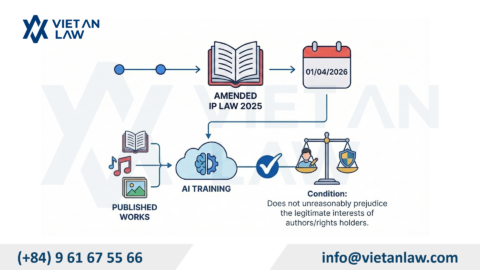Timor-Leste is in a stage of development, with a lot of potential for the development of various types of industrial designs in many fields. For example, in the field of handicrafts and traditional products, Timor-Leste owns a variety of unique handicraft products such as textiles, wood carving, pottery and jewelry. The development of industrial designs for these products and items can help improve value and competitiveness in the international market. Timor-Leste is also a well-known country in the field of agricultural products and processed foods, Timor-Leste has the potential to produce coffee, cocoa, honey and tropical fruits. Designing attractive and unique product packaging and labels can help attract consumers and promote the image of Timor-Leste products. The tourism industry is growing in Timor-Leste, creating opportunities for the design of souvenir products imbued with local cultural identity. Unique and innovative industrial designs will help attract tourists and make a good impression of the country. Therefore, more and more organizations and individuals want to register industrial designs in Timor-Leste, Viet An Law would like to guide customers through the preliminary procedures for registering industrial designs in Timor-Leste through the article below.

Table of contents
Intellectual property registration in Timor-Leste is currently quite limited because the country is still in the process of developing and perfecting the relevant legal system. The situation in Timor-Leste can be roughly summarized as follows: Timor-Leste does not have its own laws on intellectual property, including industrial designs, patents, trademarks and copyrights. This means that there is no official registration agency or procedure for these intellectual property objects. The Timor-Lesteese government is working to develop and improve its intellectual property legal system, but this will take a long time.
“Cautionary Notice” is the most common method of protecting intellectual property rights in Timor-Leste, especially for industrial designs. Warning messages typically include:
Non-Disclosure Agreements (NDAs) are an important legal tool for the protection of industrial designs in Timor-Leste, especially when owners need to share design information with third parties such as partners, manufacturers, investors, etc.
Purpose of NDA:
The main content of the NDA:
Although not as strong a legal force as an official intellectual property registration, a warning notice still has a warning value and can be used as evidence in the event of a dispute.
Copyright recognition is a method of protection that can be applied to industrial designs in Timor-Leste, but the following points should be noted:
Advantage:
Restrict:
Currently, Timor-Leste does not have its own copyright law. However, the owner can apply the following measures to recognize the copyright of his industrial design:
Market monitoring and monitoring is an important measure to protect the industrial design of owners in Timor-Leste, especially in the context of the lack of adequate intellectual property laws. This helps owners:
The legal system is not complete
Timor-Leste is a fledgling country, having gained independence in 2002. The country’s legal system is still in the process of being developed and perfected, including intellectual property law. Building an industrial design registration system requires a solid legal framework, including regulations on industrial design standards, registration procedures, rights protection, dispute resolution, and more.
Resource limitations
Timor-Leste is a country with limited resources, both financially and humanly. The establishment and operation of an industrial design registration system requires significant investment in infrastructure, staff training, and public awareness of intellectual property.
Prioritize economic development
The Timor-Lesteese government prioritizes focusing on more pressing issues such as poverty alleviation, economic development, and infrastructure construction. The development of an industrial design registration system may not be considered a top priority in the current period.
Lack of awareness of intellectual property
Awareness of intellectual property among the business community and people of Timor-Leste is still limited. This can reduce the need for industrial design registration and make it difficult to enforce intellectual property rights.
However, Timor-Leste has been working to improve its legal system and protect intellectual property. The country has joined a number of international agreements on intellectual property and is developing related policies and regulations. It is hoped that in the near future, Timor-Leste will have a formal industrial design registration system to encourage creativity and technological innovation.




